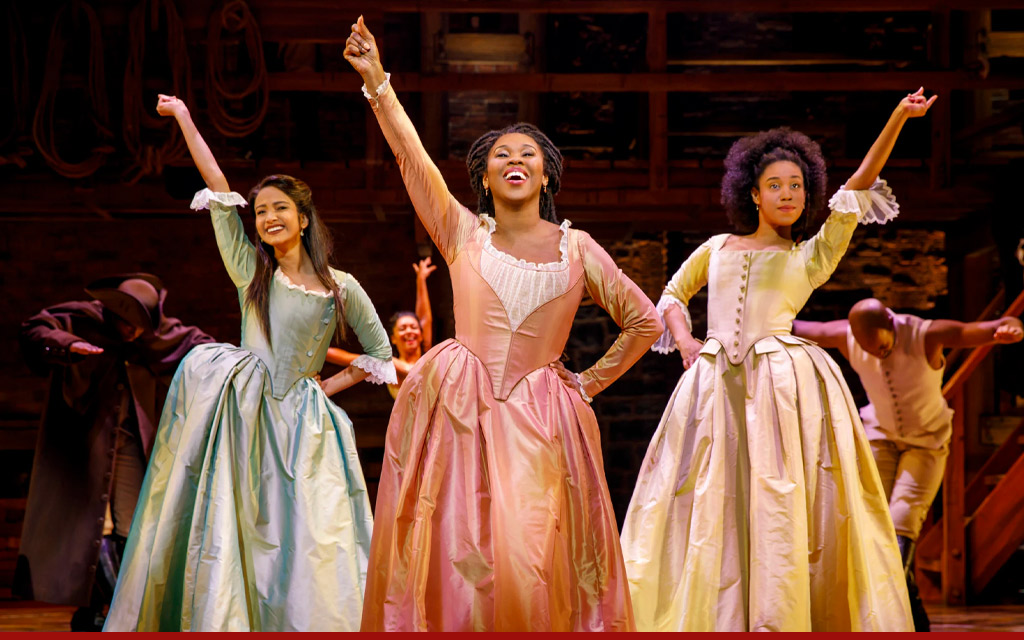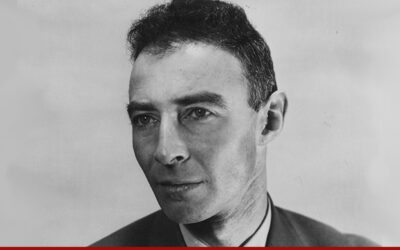
Like so many of you, I spent July 3rd in a strange dystopia. Watching Lin-Manuel Miranda’s ode to the birth of America, Hamilton: The Musical, while watching today’s America undergo what might be its harshest test of how democracy should look to date. And thinking about how Silicon Valley’s role in defining the future of democracy is also evolving in real time.
Historians will tell you that there are many details Lin-Manuel didn’t get right, or glossed over (thank god for the glossing or it would have been even longer than 2 hours and 40 minutes). But what he got right was this: These founding fathers were far from perfect and they were not creating a union designed for perfect people. As they dickered over the Constitution, Madison observed that because men aren’t angels, governments are necessary. Washington, in opposition, warned that government, like fire, is a dangerous servant and a powerful master.
The parallels to today’s Silicon Valley should not be lost. Hamilton’s crew were eking out a framework for democracy. Theirs was a very serious sort of start-up. Silicon Valley is trumpeting algorithmic frameworks that will equally define our democratic future. Both paint a picture of privileged white guys writing the rules for the rest of us. The algorithms of today are codifying the culture and norms of yesterday.
“We the People” did not include women, people of color, nor indigenous Americans. The founding fathers were all white men, mostly lawyers (the rest were businessmen) and well-educated. For the Valley’s founding fathers, substitute law with computer science experts and a bunch of MBAs.
Hamilton is sort of the exception to the born-and-bred rule; he is the guy who grew up poor and offshore. He makes it to New York, gets an education and goes on to design our entire financial system. In the Silicon Valley version of the story, he would be played by Sergey Brin. New York is played by San Francisco. Princeton is played by Stanford. First generation American makes good.
The founding fathers, for the most part, were all slave owners. Hamilton bought and sold slaves for his father-in-law, Philip Schuyler. Washington was a slave owner who released his slaves on his deathbed. And as for Jefferson, we know about his long-time relationship with Sally Hemmings, his slave.
Silicon Valley has no slaves, exactly, but it depends on a subculture of gig workers and low-paid contractors. The Uber drivers, the DoorDashers, and the underpaid, underinsured, underbanked economy that is part of the lifeblood of the Valley. In the same way that America has still not reconciled its relationship with slavery, it will need to confront its relationship with “essential workers” who in reality are often treated as “dispensable workers”.
Silicon Valley has intrigue, scandal, egos, and more than its share of great evening events. If the bar scenes in Hamilton don’t conjure images of a bros night on the town, then you haven’t been to the Valley. Incidentally, Thomas Jefferson may have been the biggest partier of them all. He had such a glam time in Paris, hobnobbing with elites, that he missed the revolution. He shows up just in time to the startup country to become its first secretary of state.
Womanizing is a recurrent theme in Hamilton–from the moment Alexander meets the Schuyler sisters. Hamilton never recovers from his unfortunate Maria Reynolds affair. Aaron Burr beds Theodosia while her husband is off fighting for the British. And today’s valley has no shortage of Andy Rubins and Travis Kalanicks. Hamilton is exposed in letters. Jeff Bezos got dragged through the mud by tweets.
The founding fathers were motivated by power and maybe less so by wealth. (Most were wealthy to begin with.) Washington relinquished his army commission when he served as General of the Revolution. Acquiring wealth and then using it for power is a continuing story. Bill Gates, Reed Hastings, Marc Benioff, Jack Dorsey, Peter Thiel … these are just a few founding fathers now taking the modern-day journey in which wealth leads to great power.
Hamilton was probably less libertarian than many of his Silicon Valley bros. He advocated for a strong central government with the right to raise taxes and a militia. But while the politics of the Valley are still very much nascent, it’s undeniable that all tech is now political.
The Hamilton triumph on Disney+ was not without its detractors. The show faces calls for it to be canceled for portraying “a Machiavellian social climber who was as ambitious as Caesar, married into wealthy slave owning family and sidelined abolition in favor of advancing his own career.” Harsh words. The hashtag #CancelHamilton started trending over the fourth of July weekend and is going strong.
And there you have it. The Founding Fathers were imperfect, oh-so-white, yet built the framework for a great country. The privileged Silicon Valley founders have generally not sufficiently stepped up to determine how great the world will be that they help create. When I posed the question on Facebook about Hamilton’s parallels to with the Valley, Chris Byrne, a bonafide theatre buff and commentator on the kids’ toy industry, wrote “both established structures that would transform human experience. Silicon Valley has been revolutionary in its own way. It’s not perfect, but it has created new standards. And like any system, it can function, go off the rails, or both.”
Let’s hope its final act is one we all want to live with.
READ MORE: https://techonomy.com/2020/07/what-hamilton-tells-us-about-silicon-valley/




